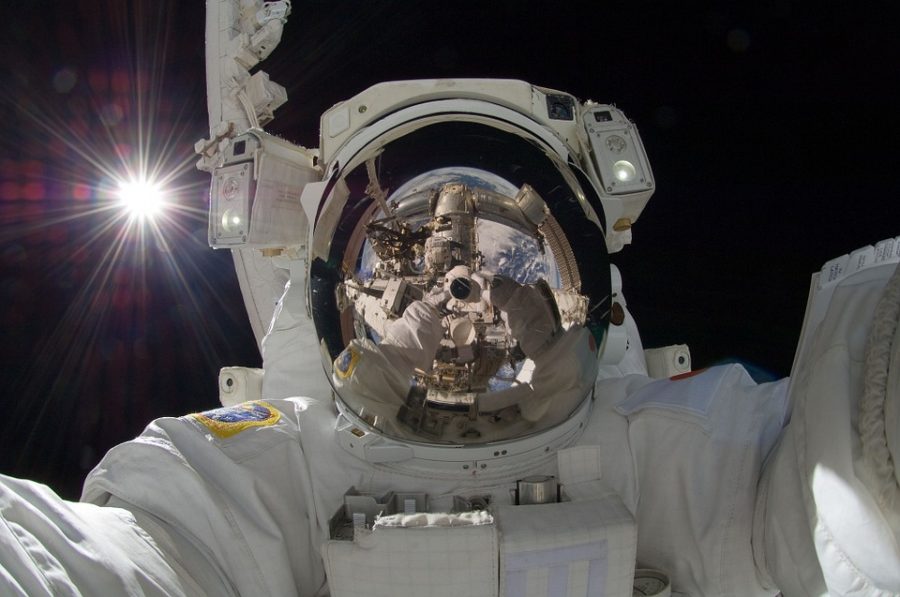Click here to learn about Amazon Prime Air, Google’s self driving car, space mining, and more.
Lauren Yang | News Editor
Amazon’s video explains how and why it created its new Prime Air service. Video from amazon.
1. Amazon Prime Air lifts off
Amazon’s Prime Air service allows customers to receive packages quickly (as fast as 30 minutes after purchase, as stated in the video) via a drone delivery system. The quadcopter, which has two additional propellers for horizontal movement, feature both vertical and horizontal flight. Although a speedy delivery is on the horizon, Amazon is yet to announce when this new service will be available. Read more about it here.

2. Space mining now legal
President Obama signed the Space Act of 2015 into law over Thanksgiving, granting companies the right to keep the resources mined from space. This decision is controversial because politicians and law experts have argued that this law violates the Outer Space Treaty (1967). Others for the act argue that space is no different than the ocean — any resources are up for grab and for keep. Read more here.

3. Google’s car can drive by itself AND talk to pedestrians?
Google’s self driving car has proven itself by driving more than a million miles. Yet, the company doesn’t want to stop innovating — Google has plans that will enable the car to communicate with pedestrians. Although it is unclear exactly how, there has been speculation that signals, displayed messages, or audio cues will be used to communicate between pedestrians and the car. Click here for more info.

4. Forget passwords. Just remember your face.
Windows 10 introduced a facial recognition password software called Windows Hello that eliminates the need for traditional passwords. Through cameras and fingerprint scanners, the computer is able to recognize the face. Windows Hello hopes to incorporate iris sensors in the future. The current system takes five seconds to recognize the face and can distinguish between the user’s actual face and a picture of the user’s face. Read more here.

5. Cloned beef hits the markets
BoyaLife, a commercial genetics company, hopes to clone 100,000 cows for Chinese markets. The company plans on selling the cloned beef in Chinese markets. Although genetic modification has been highly controversial, cloned product has been deemed safe for consumption by the FDA. BoyaLife hopes to eventually clone enough cows to produce one million cows in total. For more info, click here.








